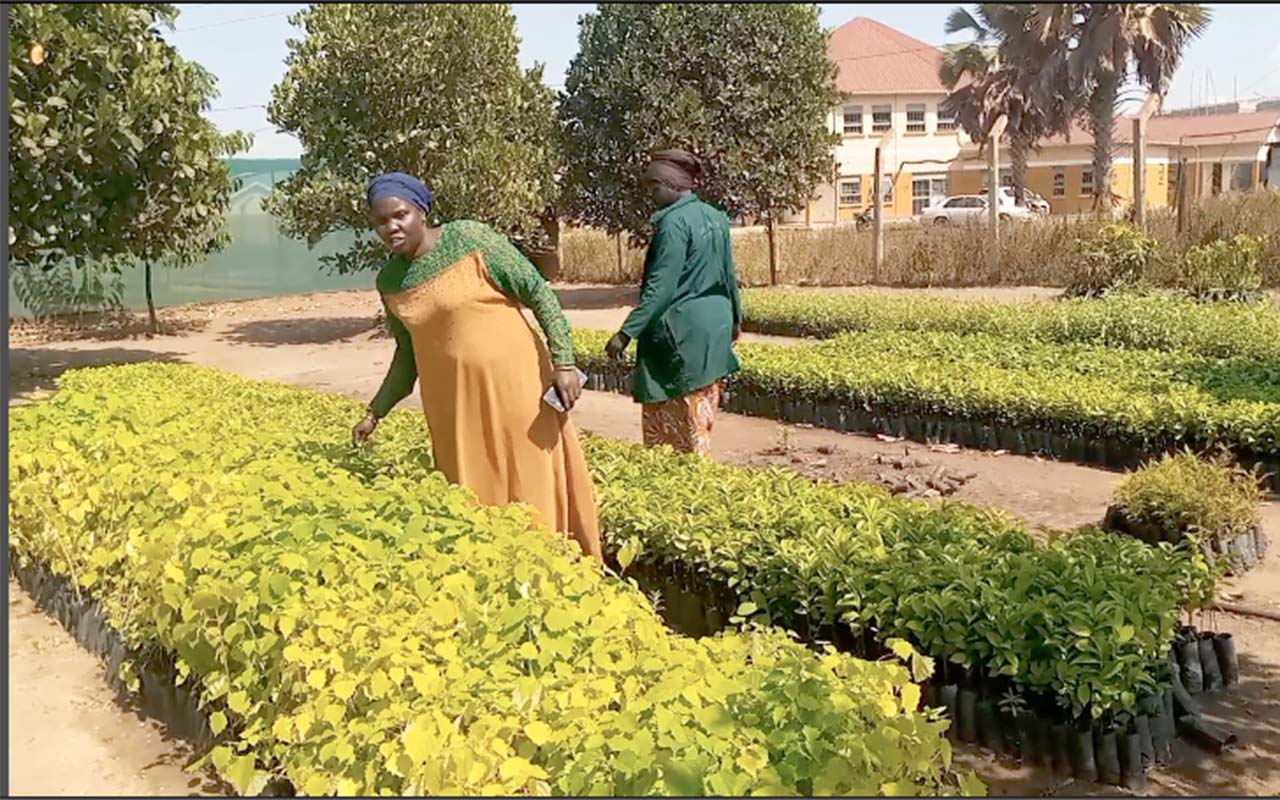Prime
Why Uganda must strengthen its forest governance mechanism

Deforestation continues to be a grave concern, with devastating consequences for biodiversity, climate stability and human wellbeing.
According to recent data from the Food and Agriculture Organisation (FAO), an estimated 10 million hectares of forest are lost each year, accounting for approximately 12 to 20 percent of global greenhouse gas emission.
This rampant destruction of forests not only undermines the planet’s ability to mitigate climate change, but also threatens the livelihoods of millions of people who depend on forest ecosystem for their survival.
In Uganda, the challenges of deforestation particularly acute rapid population growth, coupled with the demands for agricultural land and fuelwood, has led to significant depletion of the country’s forests.
According to Uganda’s Forest Reference level that was submitted in 2017, deforestation in Uganda is occurring at a rate of 50,147 hectares annually, which creates emissions equivalent to 8,253,982 tonnes of CO2.
This implies that if this rate continues, most of the forested areas of Uganda will disappear within the coming century.
Despite the alarming trends, Uganda has made strides in combating the problem of deforestation and destruction of the environment.
For example, the country has put up policies such as the Uganda Forestry policy and the National Environment Management policy.
However, despite these laudable efforts, the challenge of deforestation has remained significant. The loss of forest cover continues persistently, driven by a combination of population pressure, agriculture expansion and unsustainable logging practices, and if this remains unchecked, this trend could have catastrophic consequences for Uganda’s ecosystem, wildlife and people.
In conclusion, to address these urgent issues, decisive action is needed at both national and international levels, for instance Uganda must strengthen its forest governance mechanism, enforce existing environmental laws, and invest in sustainable land management practices.
Additionally the government should set out priority areas for development of carbon storage plantations in different areas of Uganda.
Mercy Nuwamanya, @AFIEGO




